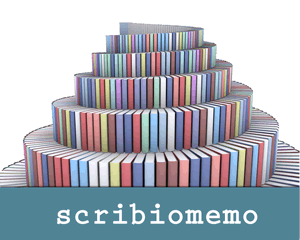Books of value(s)
Involved together in a code of ethics

In writing a biographical book and sharing your ideas, you anchor your memory by passing on your recollections.
What is a ghost-writer? How long does it take to write a book? What cost for writing a book?
Here are our replies to those questions.
On becoming Scribes of memory, besides our method, we agreed to...
... the following commitments:
- Guarantee total discretion when listening to and transcribing the author’s words
- Protect the identity of authors who choose not to be identified
- Place the prestige of our clients before our own
- Refuse to write any slanderous or outrageous texts
- Proceed by transcribing audio-recordings, to guarantee the tone and freedom of pace found in the original oral expression
- Deliver a first draft called “trial gallop”, to finely adjust the tone and the style of writing which will predominate in the rest of the book
- Offer a great freedom of choice in the frequency and setting for the listening sessions ; then in the timescale for the book’s development.
- Grant the possibility of interrupting the writing at any stage of advancement
- Give the possibility to try the autobiographical adventure for a lesser price, by accepting the possibility of a very long writing phase, or by paying in installments
- Offer a service from A to Z : from the first recording session, until the production of a final draft with as many illustrations as you wish, ready to print
- Be open to any possibility of intellectual property rights, particularly the most common situation for a family writer: assignment of property and moral rights, for publication on behalf of the author
- Deliver your autobiography in an impeccable language and presentation
- Supply a vast choice of printing options for the book design, according to the number of copies to be produced.
- Never demand an upfront payment, except for the minimum necessary to secure the contract between sessions (yet, each member has the discretion of his/her rate).
How to turn memories into a book
Our method makes it possible to print your book at a lower cost, even for just a few copies, with a quality in all respects similar to that of publishing.
Indeed, everyone can now access the written word: to convey their life story, give social testimony, express their feelings and opinions, or produce a Company biography.
Even when they are very personal in nature, these works often take on a universal tone. This paradox makes it all the more precious.
Offering them is always an act of love.
A nod to the writer Paul Auster, whose hero Nathan Glass - in the novel The Brooklyn Follies - had (in 2002) an intuition of what the job of private biographer could be like :
Read the extract...
A beautiful and generous profession that has since proved technically possible, thanks to the emergence of digital printing.

